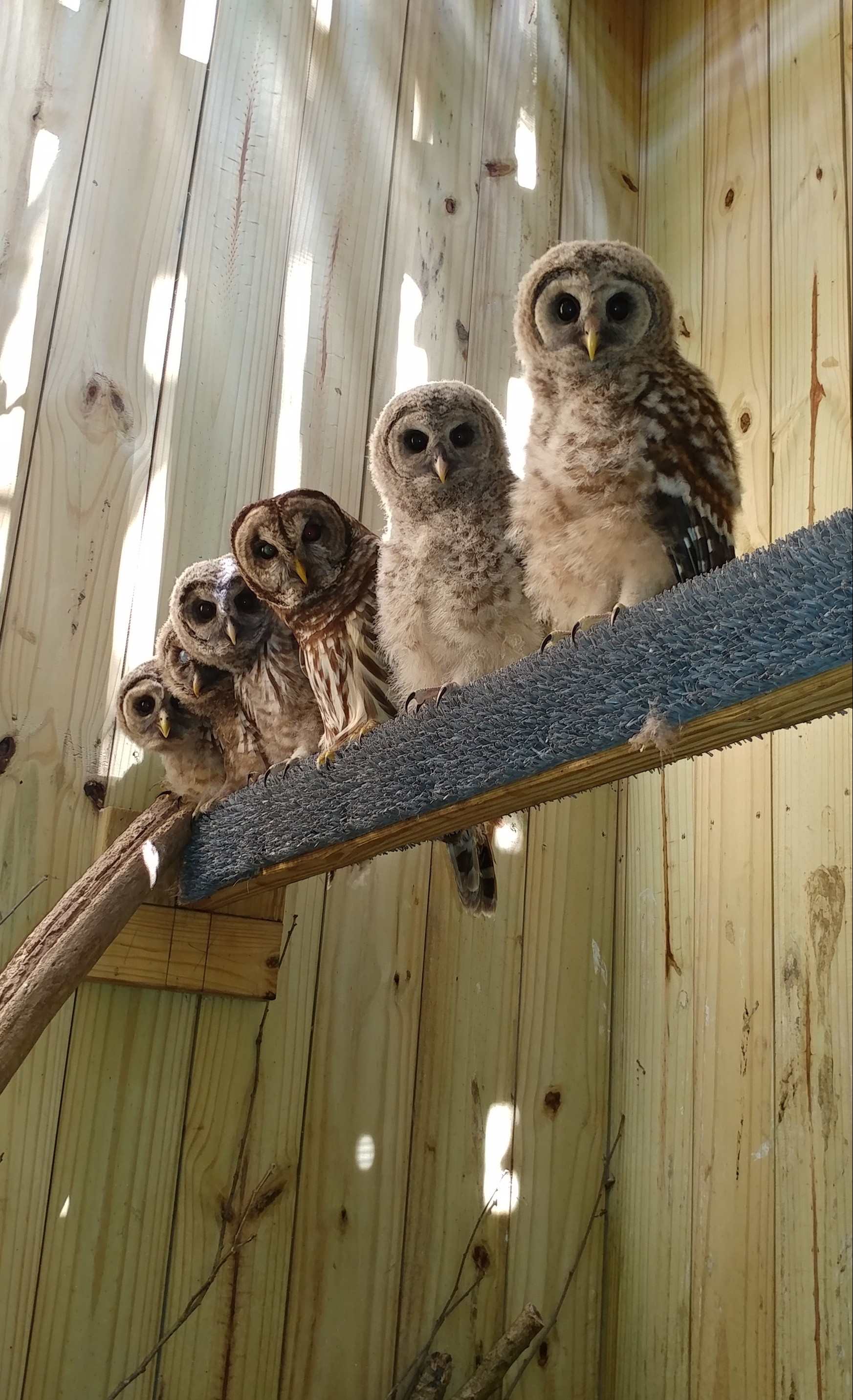Displaying items by tag: chattanooga zoo
Wildlife rehabbers return birds to the sky in Chattanooga

Restoring wings to rise above the Earth again
“I think the most amazing and rewarding thing about raptor rehab is taking a bird that's literally at death's door to a full recovery and then releasing her back to her wild home.” Alix Parks, Wildlife rehabilitator
Alix Parks became a certified wildlife rehabilitator 25 years ago. Her new career was sparked by a class in wildlife rehabilitation at the University of Tennessee at Chattanooga taught by Debbie Lipsey.
Parks also counts Lynne McCoy and Katie Cottrell of the Clinch River Raptor Center as early mentors. At first, she prepared food for the animals and worked with any animal brought to her. She is now a certified rehabilitator and has specialized in birds of prey for 16 years.
- wildlife rescue
- chattannoga wildlife rescue
- injured bird
- injured wildlife
- what do i do with injured wildlife
- chatanooga
- university of tennessee at chattanooga
- wildlife rehabilitation
- national wildlife rehabilitators association
- international wildlife rehabilitation council
- happinest wildlife rehabilitation and rescue
- chattanooga zoo
- raptor
- young bird
Zoo researchers raising hell(benders) in Chattanooga
 The Chattanooga Zoo will soon open an exhibit to hellbenders, such as the one seen here in a tank at the zoo. Courtesy Chattanooga Zoo
The Chattanooga Zoo will soon open an exhibit to hellbenders, such as the one seen here in a tank at the zoo. Courtesy Chattanooga Zoo
New hellbender exhibit at Chattanooga Zoo will serve as a hub for cooperative research
Thanks to grants from two generous organizations, some oft-elusive hellbenders have a new home at the Chattanooga Zoo. The Hiwassee Education and Research Facility is nearly complete, and it features hellbender exhibits and a classroom. The exhibit includes juvenile hellbenders hatched from eggs collected from the Duck River in central Tennessee in 2015.
The zoo is also fabricating a stream environment exhibit that will house nine larger sub-adult hellbenders, each about 10 years old and 14.5 inches long. Visitors can observe hellbenders feeding in the completed exhibit, but it will be open only during limited hours. After the project’s completion, the zoo plans to partner with researchers who hope to learn more about hellbenders.
“The Chattanooga Zoo is thrilled at the introduction of its new Hiwassee Hellbender Research Facility,” zoo officials said in a statement to Hellbender Press.
“We believe that this new facility will open rare opportunities for guests to be educated on this otherwise elusive native species, and that the project would lead to important strides made in hellbender research.
“From all of this, our hope is for more conservation efforts made in our local waterways, also known as the eastern hellbender’s home.”
- chattanooga zoo
- hellbender
- threat
- hellbender research
- where to see hellbender
- hiwassee education and research facility
- public land
- zoo
- native species
- conservation
- waterway
- photosensitive
- stream
- habitat fragmentation
- salamander
- biodiversity
- dam
- reservoir
- agriculture
- siltation
- endangered species act
- research